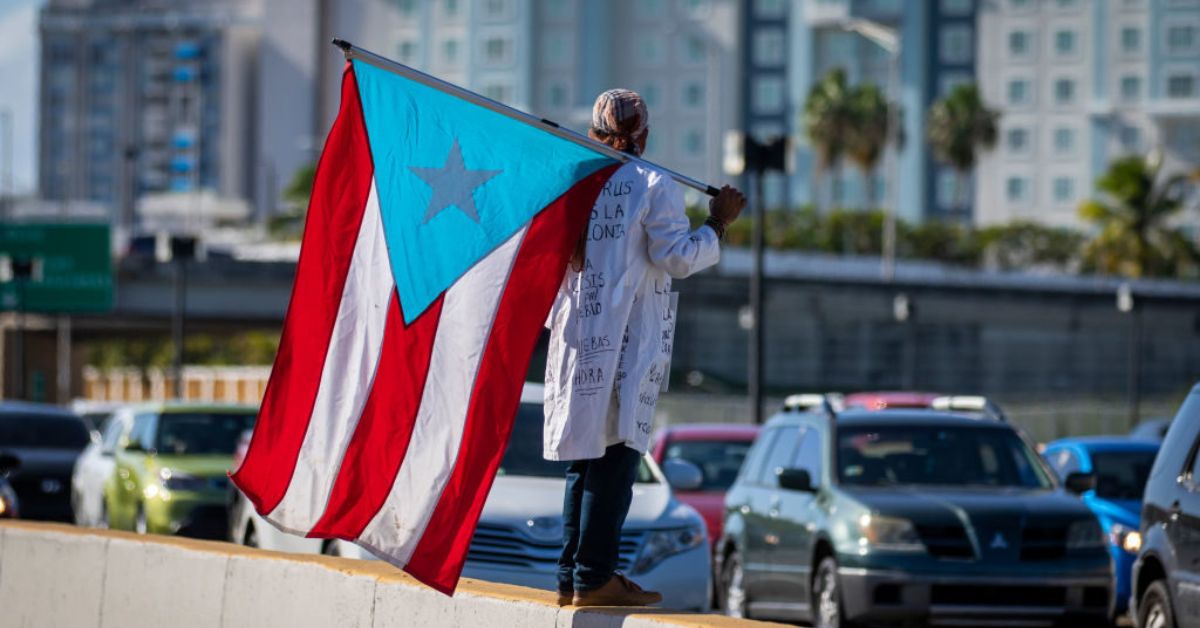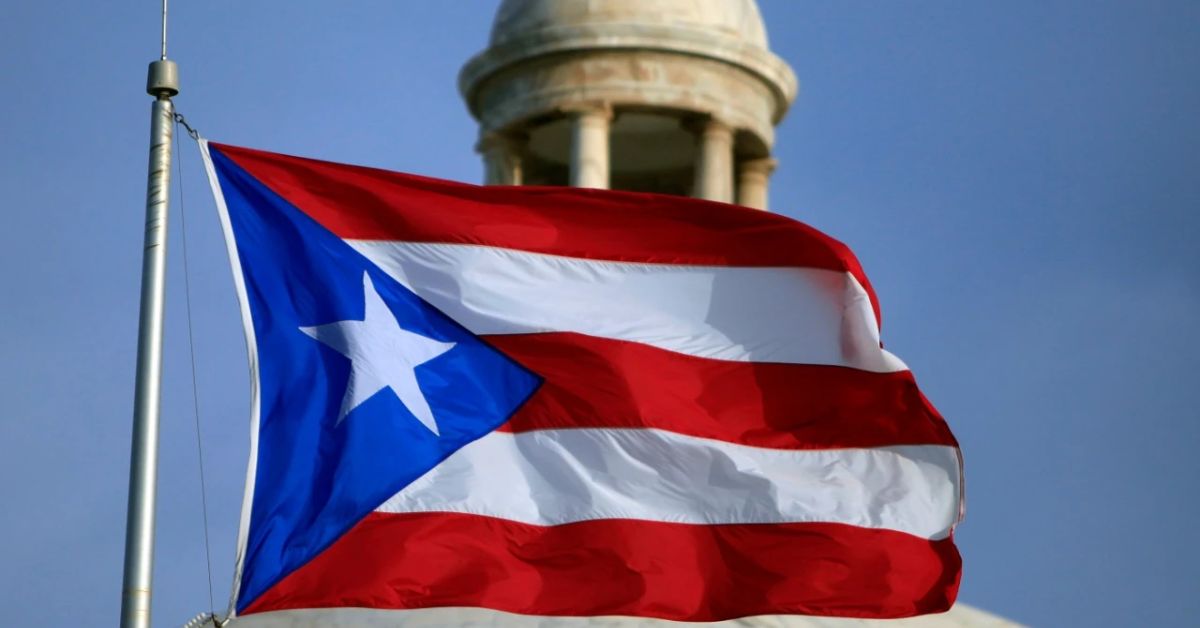WASHINGTON, The movement for greater self-government in Puerto Rico received a boost on Thursday from the United States House of Representatives, which passed a bill for a referendum on three potential futures. Even though the measure had a low likelihood of being taken up by the Senate, the House of Representatives’ action was a significant step forward.
The Puerto Rico Status Act lays out the terms for a referendum that will be legally binding and will allow voters to choose between three options: complete independence, statehood in the United States, or sovereignty with formal association with the United States, like the Marshall Islands and Micronesia.
The legislation was approved in the House, which is controlled by Democrats, by a vote of 233-219, with party affiliation playing a significant role in the vote. Republicans argued against the bill because it did not offer the option of retaining the status quo and said it was a diversion because a shutdown of the United States federal government may occur on Friday night if Congress does not approve a funding resolution.
The island in the Caribbean is currently administered as a territory by the United States. The people who live there are citizens of the United States, but they do not have voting representation in Congress and they are not eligible to vote for president.
A little more than a week remains until the Thanksgiving recess for the United States Congress, and senators are working feverishly to pass two big pieces of legislation that will provide financing for both the military and the government in general.
It is quite unlikely that the Senate would take any action on the Puerto Rico bill this month, thus the law will be allowed to lapse. It is quite doubtful that it will be reintroduced when Republicans take control of the House of Representatives in the next Congress next year.

A territory of the United States since 1898, Puerto Rico has a population of approximately 3.3 million people with severe levels of poverty. Over several decades, activists have been advocating for increased levels of self-determination, including statehood.
Since the 1960s, there have been a total of six referendums held on the subject, but none of them carried any legal weight. Statehood is something that can only be granted by Congress. The original proponent of the bill, Democratic Representative Raul Grijalva, stated that regardless of whether or not the legislation is put to a vote in the Senate, it will nevertheless establish “an important historical precedent” for Puerto Rico.
Grijalva stated on Wednesday evening before a House committee that the legislation “tells the people in Puerto Rico, our fellow U.S. citizens, that this election is going to be aboveboard and the repercussions are going to be aboveboard.”
Leave your comments if you enjoyed reading this post. As always, you may check back here for the most recent in Journalistpr.com. news.

Leave a Reply